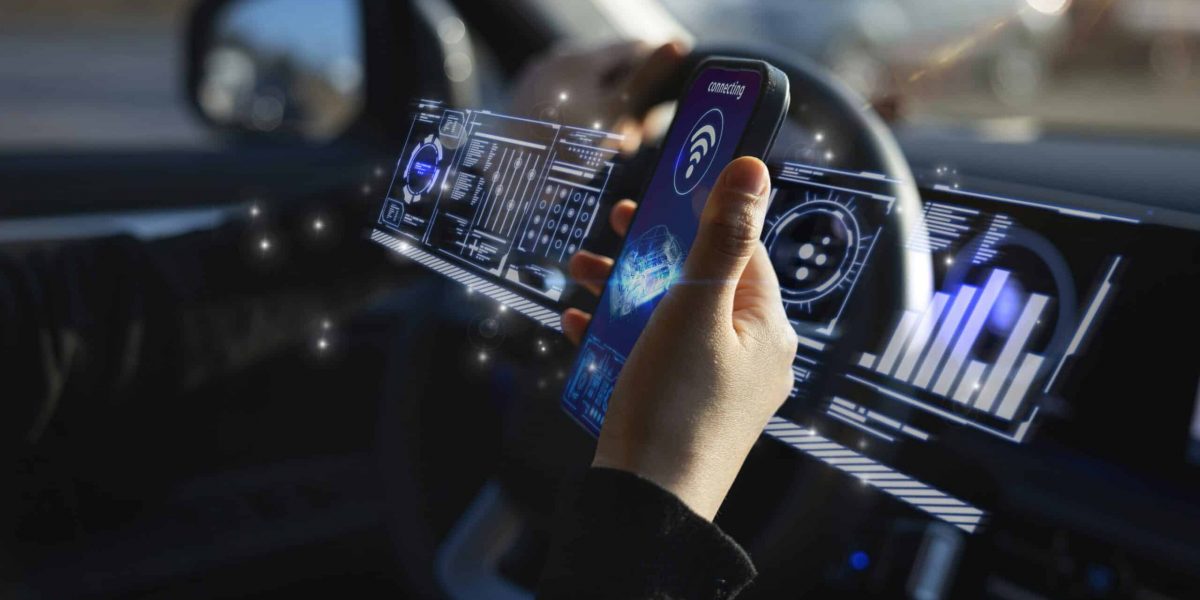How Will Autonomous Vehicles Redefine Transportation?
The rise of autonomous vehicles represents a profound shift in the way people move through the world. These self-driving cars, powered by cutting-edge technology like artificial intelligence and advanced sensors, promise to revolutionize transportation. But how exactly will this transformation unfold?
At the heart of the autonomous vehicle revolution is the potential to reduce human error, which accounts for the vast majority of road accidents. By removing the unpredictability of human drivers, these vehicles could drastically improve road safety. Additionally, autonomous technology offers solutions for reducing traffic congestion and optimizing fuel efficiency, paving the way for a more sustainable future.
Yet, this innovation also raises questions about regulation, ethics, and societal adaptation. As self-driving cars become more integrated into daily life, industries and communities will need to adjust to new realities.
What Economic Impacts Will Autonomous Vehicles Bring?
The economic implications of autonomous vehicles are both promising and disruptive. On one hand, the autonomous vehicle industry is expected to create thousands of jobs in tech development, manufacturing, and maintenance. Companies specializing in LiDAR sensors, AI systems, and electric batteries are already experiencing growth.
Industries like trucking and taxi services may face challenges. With fleets of autonomous trucks and rideshare vehicles, traditional driver roles could diminish, leading to shifts in employment dynamics. This disruption emphasizes the need for workforce retraining and education programs to help workers transition to new roles.
Self-driving cars are likely to alter consumer spending patterns. Car ownership could decline as autonomous ridesharing services become more accessible and affordable. This shift may reduce the demand for personal vehicles while boosting opportunities for businesses to monetize car-sharing platforms.
How Will Autonomous Vehicles Shape Urban and Environmental Landscapes?
Cities are poised to undergo significant changes as autonomous vehicles become commonplace. Parking lots, for example, may shrink in size or disappear altogether, freeing up urban spaces for parks, housing, and other developments. Roads could also be redesigned to accommodate the unique needs of self-driving vehicles, such as narrower lanes and dedicated drop-off zones.
From an environmental perspective, electric autonomous vehicles have the potential to reduce greenhouse gas emissions. By combining electric power with efficient driving algorithms, these cars could drastically cut fuel consumption. Additionally, optimized traffic patterns enabled by autonomous vehicles could lead to less idling and shorter commute times, further benefiting the environment.
Widespread adoption will depend on infrastructure upgrades. Charging stations, smart traffic systems, and 5G networks must be expanded to support the seamless operation of self-driving cars. Governments and private companies will need to collaborate to ensure these systems are implemented effectively.
What Challenges Lie Ahead for Autonomous Vehicles?
Despite their promise, self-driving cars face several hurdles before they become fully integrated into society. Legal and regulatory frameworks remain a significant challenge. Policymakers must address questions about liability in accidents involving autonomous vehicles and establish consistent standards for testing and deployment.
Ethical dilemmas also arise, such as how self-driving cars should prioritize decisions in emergency scenarios. For instance, if a collision is unavoidable, how should the vehicle’s AI determine the best course of action? These questions highlight the need for transparency and collaboration between technology developers and ethicists.
Public trust is a crucial factor. While the technology has made remarkable advancements, high-profile accidents involving autonomous vehicles have sparked concerns about safety. Building confidence will require rigorous testing, clear communication, and proven reliability.
How Will the Future of Self-Driving Cars Transform Society?
The impact of autonomous vehicles extends far beyond transportation. They hold the potential to increase mobility for elderly and disabled individuals, offering greater independence and access to essential services. Autonomous vehicles could also transform logistics, enabling faster and more efficient delivery systems.
As self-driving technology continues to advance, it’s important to remember that this is not just a technological shift—it’s a societal one. The way people work, live, and interact with their environments will evolve alongside this innovation. Collaboration among governments, businesses, and communities will be key to ensuring the transition is as seamless and beneficial as possible.
The journey toward an autonomous future is already underway. While challenges remain, the possibilities are too significant to ignore. From safer roads to greener cities, autonomous vehicles represent a step toward a more connected and sustainable world.








